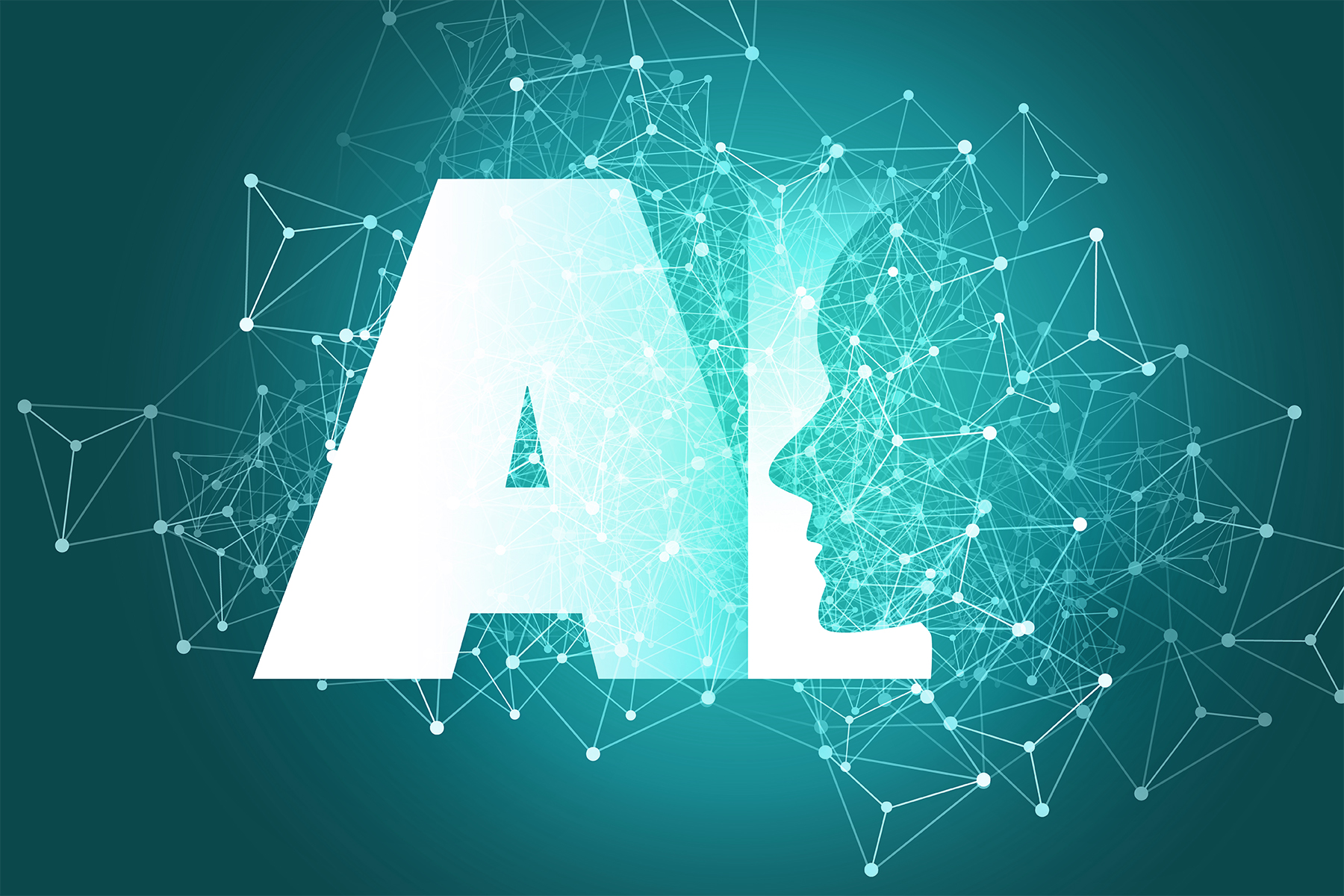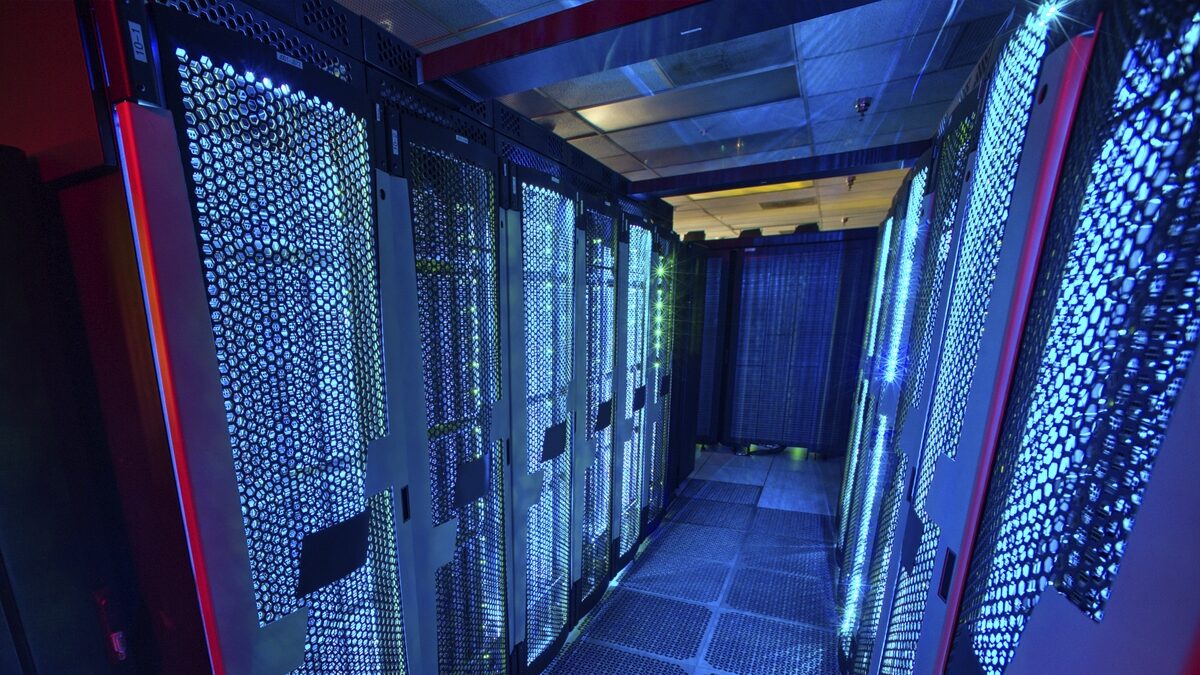ACCESS Resource Providers Join NAIRR pilot
Several ACCESS Resource Providers join an NSF-led collaboration on an expansive effort to strengthen responsible AI development and research through a new pilot project.

Several ACCESS Resource Providers join an NSF-led collaboration on an expansive effort to strengthen responsible AI development and research through a new pilot project.

Researchers utilize the power and speed of ACCESS resource Delta to reproduce the development methodology for speech recognition applications.

Students at UIUC create a more efficient Federated Learning algorithm using ACCESS resource Delta

Utilizing ACCESS resource Bridges-2, researchers at Carnegie Mellon University’s Robotics Institute have found new approaches to efficient robot AI training

DeltaAI will triple NCSA’s AI-focused computing capacity and greatly expand the capacity available within the ACCESS ecosystem.

A team of computational chemists from Carnegie Mellon University ran simulations on an Anton 2 supercomputer and the Bridges-2 system at PSC to reveal insights about a protein that plays a role in epileptic seizures.

Researchers use Bridges-2 supercomputer to develop software that mimics properties of AI that are more understandable to humans.

Scientists at Carnegie Mellon University (CMU) train artificial intelligence to predict the mass of a galaxy.

From students to faculty, in big research universities or small colleges, there’s a space for all kinds of research on Jetstream2, the newly certified ACCESS supercomputer.